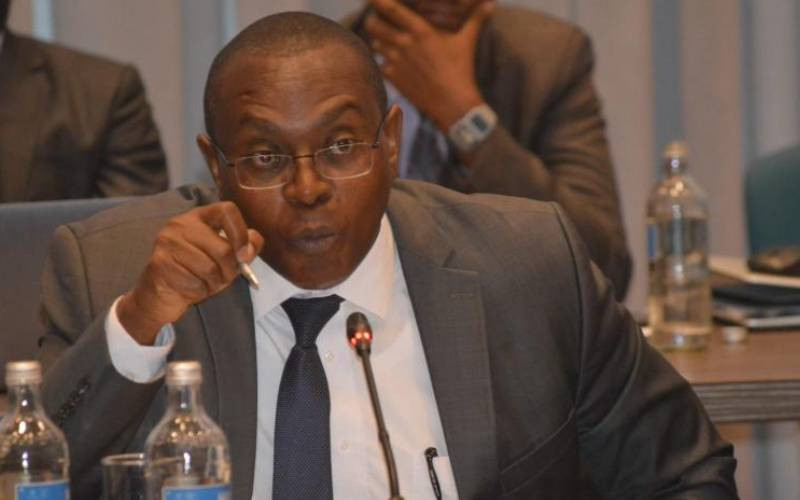×
The Standard e-Paper
Kenya’s Boldest Voice

The national exams body has said there was no leakage of the 2022 Kenya Certificate of Secondary Education (KCSE) exam.
Kenya National Examinations Council (Knec) Chief Executive Officer David Njeng'ere said parents were duped into buying fake papers.